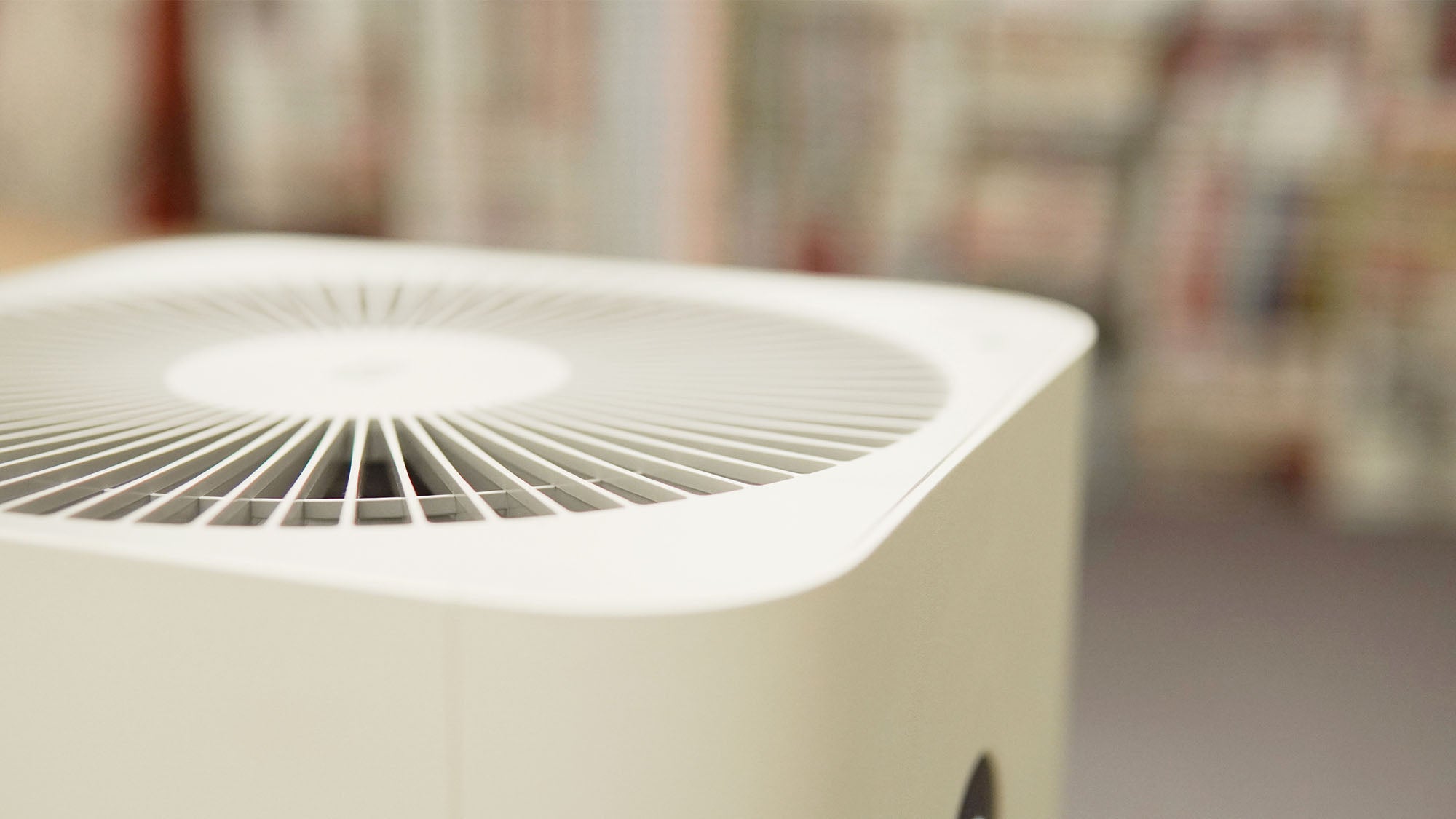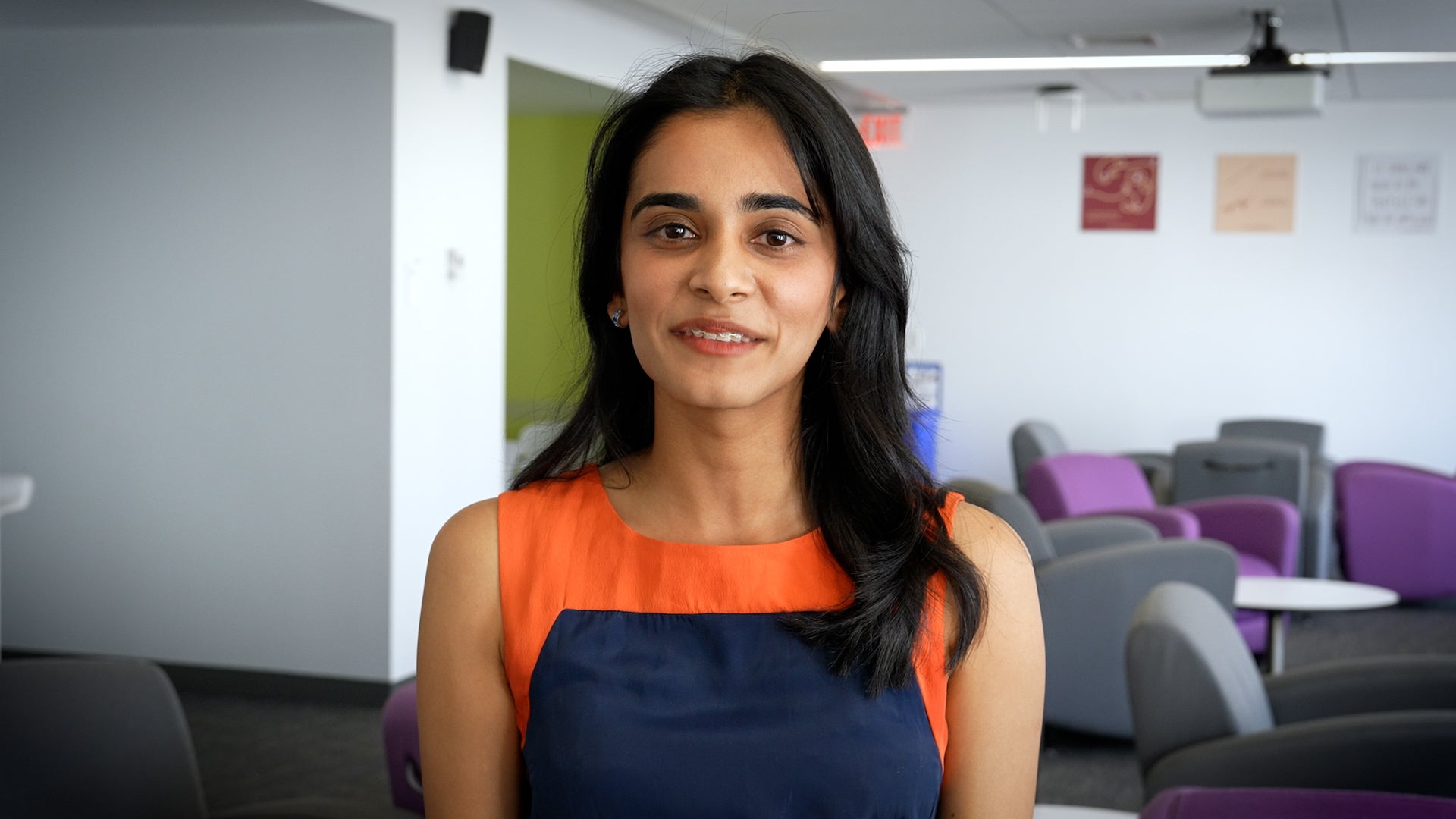Loss of federal funding leaves lung disease study unfinished

Over the last five years, Harvard T.H. Chan School of Public Health researchers have been investigating whether air purifiers in patients’ homes can improve chronic obstructive pulmonary disease (COPD)—but in May, the National Institutes of Health (NIH) terminated grant funding for the study with one year left to go, leaving researchers and patients with only partial results.
An August 8 STAT News article featured the study, which is led by Mary Rice, Mark and Catherine Winkler Associate Professor of Environmental Respiratory Health.
“I’ve found in my prior work that this [patient] group is especially susceptible to air pollution, and that led me to propose this trial to see if we could prevent some of the noxious exposures that trigger this severe disease,” Rice said. The article noted that improving COPD symptoms could help reduce the high costs of the disease in the U.S.—roughly $24 billion per year for prescription drugs and hospital stays.
Since Rice lost the study grant, she has managed to find enough funding to finish collecting blood and tissue samples from patients—but without NIH support, the samples will have to go unanalyzed.
Read the STAT News article: Claiming to fight waste, Trump administration slashes potentially cost-saving research


